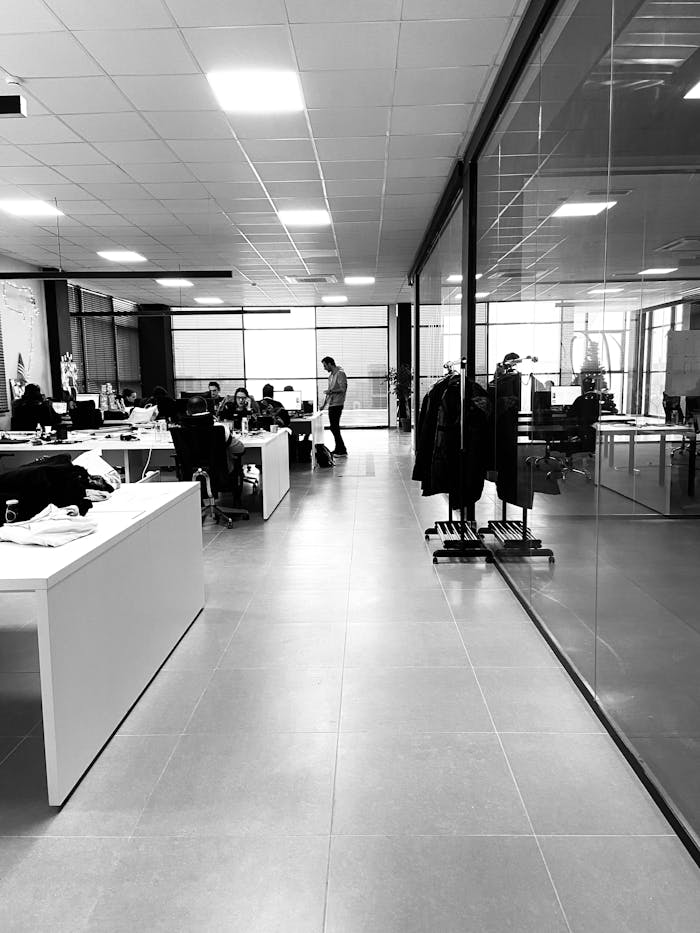Background
A fast-growing Small and Medium Enterprise (SME) had rapidly increased its revenues by focusing relentlessly on growth. However, this success came at a cost: critical “housekeeping” tasks—essential to ensuring operational efficiency and scalability—had been deprioritized. Over time, these unfinished jobs began to act as a drag on further growth, creating operational bottlenecks and increasing reliance on a handful of “key people” who were constantly stretched beyond their limits.
The SME recognized the need to build robust foundations that could support their accelerated growth trajectory. However, their limited cash flow posed a challenge: should they allocate resources toward growth or focus on consolidation?
The Challenge
The Chief of Staff captured the dilemma:
“We absolutely recognized the need to build strong foundations for our fast-growing business, one that relied less and less on ‘key people’ who we kept asking to go above and beyond. However, cash flow is critical for us, and we were staring at the choice of putting our resources toward growth or consolidation.”
The SME needed a solution that could:
Address critical process inefficiencies without diverting cash flow from growth initiatives.
Strengthen its operational backbone to support further growth.
Reduce reliance on overworked team members.
The Tripos Associates Solution
Tripos Associates proposed their contingent fee model as the perfect fit for the SME’s needs. This approach allowed the company to:
Pay only when tangible results were delivered, ensuring no wasted resources.
Address pressing operational challenges with minimal upfront investment.
Maintain its focus on growth while simultaneously improving internal processes.
The Process
To deliver immediate and sustainable impact, Tripos employed their proven five-step process, executing multiple cycles of work to ensure all critical areas were addressed:
- Initial Diagnostic (2 Days): Tripos quickly assessed the SME’s existing IT infrastructure, workflows, and bottlenecks. This diagnostic identified inefficiencies in areas such as data management, manual processes, and reliance on key individuals.
- Agreeing Business Objectives (3 Days): Together with the SME, Tripos defined clear, prioritized objectives to address “housekeeping” tasks that directly impacted growth. The focus was on achieving quick wins while laying the groundwork for long-term scalability.
- Baseline Requirements (10 Days): A detailed catalog of requirements was created in collaboration with key stakeholders. This ensured alignment on deliverables, clarity on priorities, and measurable outcomes for each cycle of work.
- Development and Testing (25 Days):
- Development: Solutions were developed offsite to minimize disruption to the SME’s daily operations.
- User Acceptance Testing (UAT): Stakeholders verified that all deliverables met the agreed requirements. Payment was contingent upon successful completion of UAT, ensuring confidence in the process.
- Deployment and Scaling: Each successful deployment addressed a set of critical inefficiencies, reducing risk and improving manageability. The SME gained the ability to tackle additional areas of need in subsequent cycles.
Results
- Streamlined Operations: By addressing “housekeeping” tasks in a structured, low-risk manner, Tripos helped the SME implement processes that reduced reliance on overburdened team members.
- Sustainable Growth: The SME was able to maintain its focus on growth initiatives while simultaneously improving operational manageability and scalability.
- Risk Mitigation: Improved processes reduced the risks associated with over-reliance on key personnel and inefficient workflows.
- Cash Flow Optimization: The contingent fee model ensured that resources were allocated effectively, with payment tied to tangible results rather than speculative investments.



